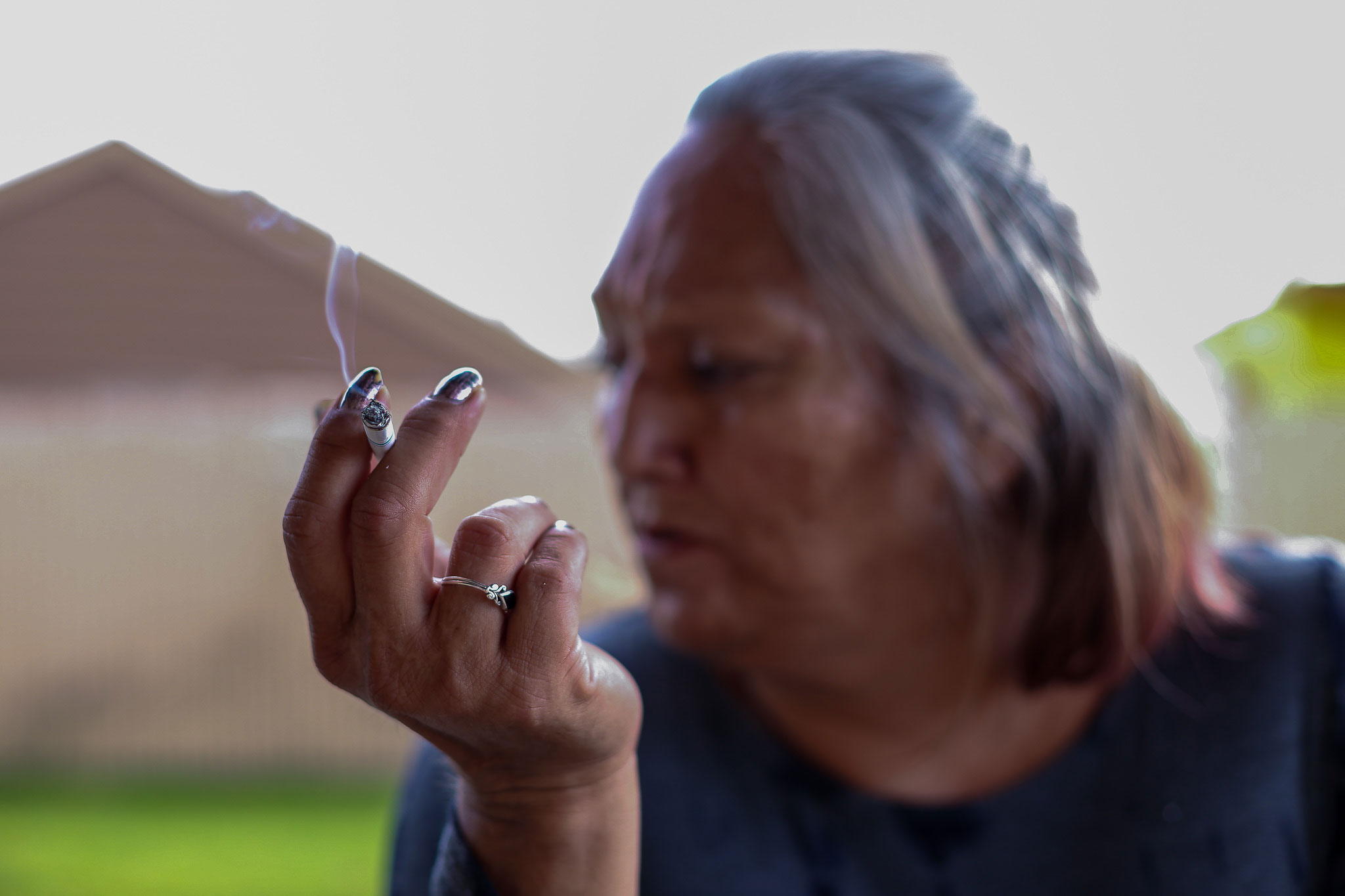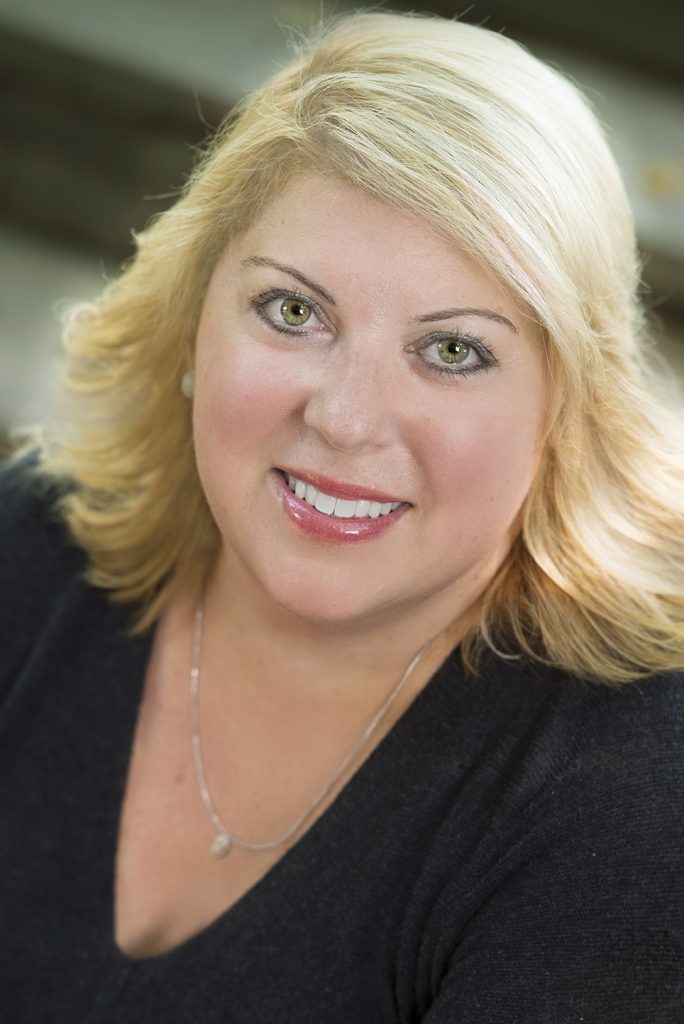By Heena Srivastava
SEQUIM, Wash. – Indian child welfare caseworker Tanya Pankowski spends 30 minutes driving home along Washington’s Highway 101, crossing the Dungeness River and weaving through the mountains of Olympic National Park. Before she reaches her six dogs and cats and the stroganoff her husband often prepares for dinner, she tries to clear her mind of the work she left behind.
Pankowski’s days are unpredictable.
She scrambles to help working parents find money for childcare. She visits schools to make sure troubled children are behaving. She launches investigations for children who are reported to be hungry, abused or in homes with no heat. On her worst days, she’s forced to take them away.
The younger ones, she said, have trouble understanding why they have to go.
“Little children love their parents no matter what,” Pankowski said. “It’s really traumatic on the children. ‘No, you can’t see mom.’”
American Indian children are four times more likely to be placed in foster care than their white counterparts, according to the National Indian Child Welfare Association. Caseworkers such as Pankowski say the nation’s opioid epidemic has escalated the crisis.
Pankowski, who has spent 15 years working for the Jamestown S’Klallam tribe in northwest Washington, estimates that 95 percent of her child welfare cases are now opioid-related.
“It’s not too often that we have children come into the system because of physical abuse. It’s more because of neglect,” she said. “It’s a really long process for some parents to be able to get healthy. And so children stay in care longer than what we would like.”
In 2015, 41 in 100,000 American Indians in Washington died of drug overdoses, compared to a rate of 15 for whites, according to the Centers for Disease Control and Prevention. The epidemic has taken a toll on child welfare workers, parents and children.
Tribal leaders said they fear children removed from homes will be sent to nonnative communities, diminishing the tribal population. In 1978, Congress passed the Indian Child Welfare Act to ensure that displaced Native American children were placed within native communities. At the time, as many as 35 percent of all native children were being removed from their homes. The vast majority were placed outside of tribes.
The 41-year-old law is now being challenged in court by a Texas couple who successfully adopted a child with Cherokee and Navajo ties and are looking to adopt his sister. The adoption was contested by the Navajo Nation. In a widely watched lawsuit, Chad and Jennifer Brackeen, two other non-native couples and the states of Texas, Louisiana, and Indiana are challenging the constitutionality of the law.
In 2018, a federal judge in Texas backed the parents. This past August, a three-judge panel on the Fifth Circuit Court of Appeals overturned the ruling and granted a rehearing, which has not yet taken place.
In the state of Washington, officials are acting to ensure American Indian children stay in their communities.
Though caseloads are high, Pankowski said, only about 5 percent of Jamestown S’Klallam children are placed in foster care with non-native families. She said state Child Protective Services quickly determines whether a tribe should be notified about a displaced child.
“Is there any native ancestry?” Pankowski said. “Find out right away, so that process can start right away.”
Washington State’s Department of Children, Youth & Families also hosts case reviews every three months to make sure tribes are complying with the law.
“They pull up three cases to go over to see if everything was done properly, if there are any red flags or areas that need to be addressed,” said Michelle Claplanhoo, a caseworker with the Makah Tribe, 100 miles west of Jamestown S’Klallam. “If we are not getting reports or we are not getting what we need from the state, that is where we address it.”
Some tribal members have voluntarily placed their children outside the community.
Across the Puget Sound from Jamestown S’Klallam, Rita Boome-Revey has struggled for years to kick an addiction to opioids. She said her youngest daughter was placed with a non-native family. Though they stay connected through Facebook, Boome-Revey said they rarely see each other.
“It was one of the hardest things I did, but I did it so she could have a better life,” she said.
A member of the Upper Skagit tribe, Boome-Revey lives in an addiction recovery house in Swinomish nation. On a recent afternoon, she prepared to attend a funeral for her 41-year-old niece, who overdosed on opioids. She left behind three children.
Panskowski said she is all too familiar with the devastation. Day after day, she said she pushes aside her personal connections to local families to focus on the children.
“In tribal cultures,” she said, “our children are our future.”




